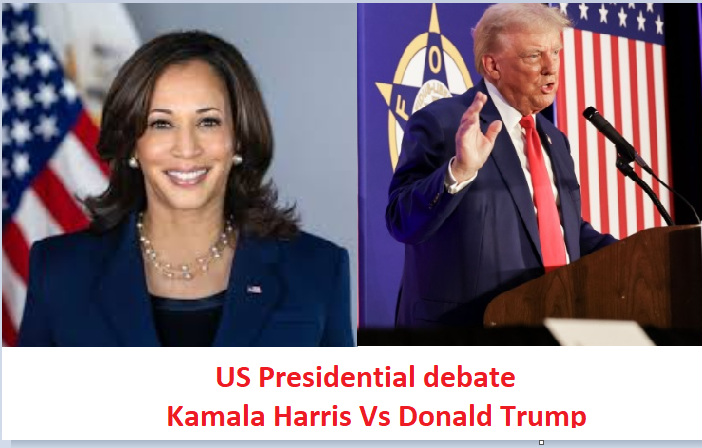
(Photo : Business Times)
- Donald Trump has declined a third presidential debate against Kamala Harris.
- Despite Trump's assertion of his performance, insiders believe Harris won the previous debate.
- Harris responded to Trump's decision, stating voters deserved another debate.
- This situation is reminiscent of the 1980 election when Jimmy Carter refused to participate in a debate, seen as a strategic move.
In a surprising turn of events, former President and Republican nominee Donald Trump announced on Thursday that he would not participate in another presidential debate against Democratic nominee Kamala Harris.
The announcement comes ahead of the November 5 election and follows a debate between the two candidates earlier this week. Trump's decision was made public via a post on the social media site Truth Social, where he emphatically stated, "THERE WILL BE NO THIRD DEBATE!". His decision comes after he had previously participated in a debate against current President Joe Biden in June, followed by a debate against Harris on Tuesday.
Trump's Performance and Insider Opinions
Despite Trump's assertion of his performance in the debate against Harris, several insiders from his own camp thought otherwise. Six Republican donors and three Trump advisers, who spoke to Reuters earlier this week, expressed their belief that Harris had won the debate. They attributed this to Trump's inability to stay on message during the debate.
The debate, hosted by ABC in Philadelphia, Pennsylvania, attracted a significant audience. According to Nielsen data, 67.1 million television viewers tuned in to watch the verbal duel between the two presidential candidates.
Harris's Response and Public Opinion
Following Trump's announcement, Harris, who is currently serving as the U.S. Vice President, responded during a rally. She expressed her belief that the voters deserved another debate, stating," I believe we owe it to the voters to have another debate." Interestingly, while Trump claimed in his post that polls showed he won the debate, several surveys suggested otherwise.
Among voters who said they had heard at least something about Tuesday's debate, 53% believed Harris won and 24% thought Trump won, according to a Reuters/Ipsos poll released on Thursday.
Polls and Historical Precedents
The same poll showed that 54% of registered voters believed that the single debate between Trump and Harris was enough, while 46% expressed their desire for a second debate. This sentiment was echoed in a CNN flash poll released shortly after the debate, where a majority of debate watchers said Harris outperformed Trump.
Similarly, a YouGov survey showed 54% of those surveyed said Harris won while 31% said Trump was the victor. This situation is reminiscent of the 1980 presidential election when then-President Jimmy Carter refused to participate in the first debate because it included independent candidate John Anderson. Carter's refusal to debate was seen as a strategic move, much like Trump's current decision.
As history has shown, strategic decisions such as these can have far-reaching implications, and only time will tell how this plays out in the 2024 Presidential Election.









